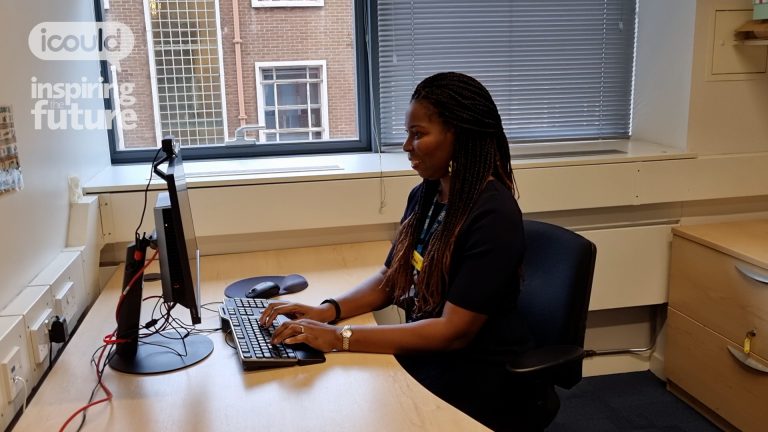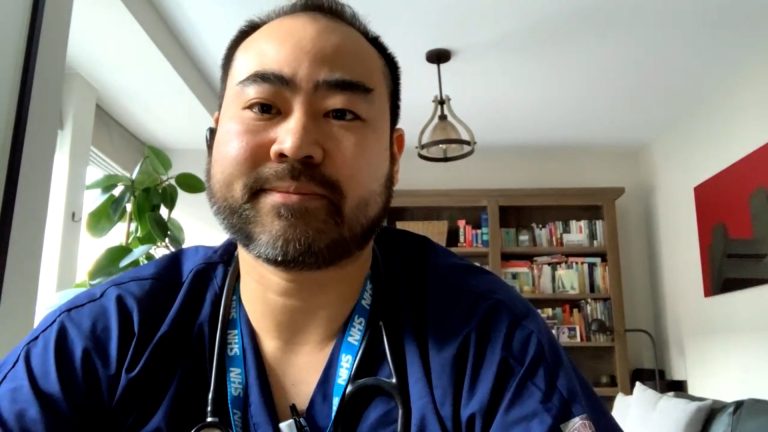
Understanding how all the different pieces of the NHS fit together is a key part of Lucy Smith’s job. She took our quick-fire career quiz to reveal more about her work and career.
Name: Lucy Smith
Job: Senior assurance and delivery lead, NHS England (Midlands and East region).
I work with doctors, nurses, chief executives and senior managers to improve patient services and the way the NHS works.
My role helps different parts of the NHS work better together. I work on a wide range of projects such as helping to reduce waiting times in A&E, exploring more efficient ways of working, and ensuring leadership teams have the skills and knowledge to do things well.
One of the things I’m really involved with is the ambulance service. By looking at what happened last winter, we can help plan what may be needed this year. For example, what demand was there for services? And now do we have enough paramedics and emergency call handlers to deal with similar types and numbers of calls?
I am a trained mentor so most weeks I will have a session with one of my mentees. I am also part of a reverse mentoring scheme which helps senior staff learn from junior staff. It’s a great way to understand issues from a different point of view.
Best things: I love what I do. I get to work with so many people across different parts of the NHS and enjoy helping them to understand complex and difficult issues. I don’t often work with patients but I can see how what I do improves things for them. I also enjoy the variety and stretch of my job and working at a fast pace.
Worst thing: The least enjoyable thing can also be the pace because often I’m reacting to a short notice request or an urgent piece of work which can be challenging and stressful. At times I can feel like there are too many balls to keep juggling!
Career path: After university (BA joint honours in politics and sociology), I worked in PR, publishing and TV/film production, having lots of fun but not earning much money. In my late 20s, I became increasingly frustrated about a lack of career progression, stability, money or pension, and also that I wasn’t putting anything back into the community.
I decided to become a temp and was offered a short-term contact as a secretary in the NHS. Within the first week I was absolutely inspired by my director of commissioning and the chief exec, and their vision, commitment, drive and passion to do the right thing by the patient. They really encouraged me to think about the NHS as a long-term career option and saw I had the potential to go far.
I worked my way up to become a PA to the same director before going into more senior and challenging service improvement and commissioning roles, eventually working my way up to become a senior manager.
Top tips: Believe in yourself. Don’t be disheartened or give up. Be positive. Listen to feedback from experienced colleagues but do so with an open mind. At first they might sound critical but if you take advice on board and act on it your performance will improve (which is what they want).
Learn from mistakes (your own or others’). It is not failure. It’s an opportunity to get better at what or how you do things. Be reflective – think back on what worked well and why, or why not. What do you want to achieve? Keep things in perspective – if something didn’t go as planned give yourself a break.
Interests outside of work: I play walking football (yes, there is such a thing!), do a little bit of gym work, and enjoy spending time with my daughters. I used to canoe very seriously in my teens and have done a little bit of canoeing with my girls.
Find out more
Visit NHS Health Careers for more information about working in the NHS.
See more articles in this series:





